Nestled at the southern tip of the Tsawwassen Peninsula, Point Roberts is a unique American enclave that feels like a step back in time. This 4.9-square-mile peninsula, home to just 1,200 residents, is bordered by Canada to the north and surrounded by water on three sides. It’s a place where the past and present intertwine, creating a serene and idyllic community that feels worlds apart from the hustle and bustle of modern life.
A Sense of Home and Nature
For Hannah Shucard, who grew up in Point Roberts, the town has always been a sanctuary. “When you cross the border and turn onto the main street, you’re immediately surrounded by trees,” she says. “You take a deep breath and feel a sense of relief—like, ‘Gosh, I’m home.’” The nights are pitch-dark and quiet, with no traffic lights, sirens, or city hum—just star-filled skies and the sounds of nature. “In spring, the frogs are really loud, and at certain times of the year, you can hear the coyotes howling,” she adds.
Point Roberts is a place where people leave their keys in their cars and kids ride their bikes to the beach or play in the woods. It’s almost like a cross between a small town and a nature preserve—a haven of tranquility and safety. “My childhood was magical,” Shucard recalls. “We spent so much time outside building forts, exploring the beach, hiking forest trails. It’s the kind of small town where everyone knows each other.”
A Historical Quirk
The unique geography of Point Roberts dates back to the Oregon Treaty of 1846, which established the 49th parallel as the border between Canada and the United States. This historical quirk left Point Roberts as a “pene-exclave”—a piece of land belonging to one country but only accessible by land through another. Some argue it was an oversight, while others believe the US kept the peninsula to ensure access to the Pacific Northwest and its valuable fishing waters.
By the late 1800s, Icelandic settlers arrived, working in salmon canneries and on farms. Many residents, including Shucard, trace their ancestry to these early homesteaders. “My grandma’s family was Icelandic and settled here long ago,” she says. “She still lives in a house my grandpa built on the original family homestead and speaks Icelandic, as do a few of her friends.”
A Community United by Nature and Tradition
Point Roberts is a place where nature and community are intertwined. The town’s natural beauty is a significant draw, with scenic beaches, evergreen forests, and abundant wildlife. “I take the dog for a walk to the beach every morning,” says Neil King, who moved to Point Roberts during the pandemic. “As I walk, I hear coyotes howling and watch deer cross the street. At sunrise, eagles, hawks, and finches fill the sky—it’s like living among the wildlife.”
The community is tight-knit, with a strong sense of belonging. There are two main roads—Tyee Drive and Gulf Road—and no stoplights in the entire town, just two flashing lights on Tyee Drive. “Back when I was in school, the librarian also drove the little school bus and was the janitor, as well as a family friend, because it’s such a small community,” says Kristin Lomedico, the local librarian.
A Haven in Turbulent Times
The pandemic brought many residents back to Point Roberts, seeking safety and stability. Neil and Krystal King moved to the peninsula in 2021 after losing their jobs and battling long Covid. Drawn to Point Roberts’ isolation, they found solace in its quiet and natural beauty. “As soon as you cross the border, it feels like you stepped back 40 years in time,” says Krystal. “It’s just slow and nice. It’s quiet. It’s such a safe little place.”
The Kings opened Kora’s Corner Country Store, named after their daughter, who was born just eight weeks before the store’s opening. The shop sells penny candy, novelty items, local art, toys, and Point Roberts souvenirs. At the back of the store, visitors will find the Rubber Duck Museum, a playful addition set up by the Kings with thousands of ducks, including 30 rare artifacts dating back to 1911.
Everyday Challenges and Community Resilience
Despite its many charms, life in Point Roberts comes with everyday logistical challenges. Monitoring exchange rates and navigating daily border crossings are simply part of life. Families often drop children at daycare or pick up takeout from restaurants in Tsawwassen, a Canadian community just 10 minutes away. “We’ll pick up sushi from Canadian restaurants a couple of times a month,” says Shucard. “And for a fancier dinner or a concert, we will go into Vancouver.”
Medical care requires a two-hour roundtrip journey to Washington cities like Bellingham or Blaine, passing through four border checkpoints per appointment. This reality makes it more difficult for older residents or those needing regular care to remain on the peninsula. “It’s hard to live here as you age,” says Lomedico. “Your medical and dental care are all based in Bellingham or Blaine—you have to be able to drive there and back or have someone to help.”
Education also requires border hopping. Point Roberts Primary School stops after second grade, and children either take a bus to Blaine, Washington, or enroll in a Canadian private school to continue their education. “You schedule everything around border wait times,” says Neil. “We make a whole day of it—doctor’s appointments, groceries, prescriptions, errands. It’s not that bad.”
Economic and Political Tensions
While Point Roberts has long depended on Canadian visitors to fuel its economy, recent US-Canada tensions have put local businesses at risk. “It’s a hard place to live because there’s no real industry except for tourism and cross-border shopping—Canadians coming down to buy things like gas and groceries,” says Lomedico. “And with tariffs, everything feels up in the air right now.”
The town also relies on Canada for electricity and water, and there’s long been a sense that Canadians are part of the community. Many residents hold dual citizenship, celebrate both American and Canadian holidays, and often fly the maple leaf and stars and stripes side by side. “Canada Day is July 1, so we put up red decorations, maple leaves, and flags—everyone does,” says Krystal. “Then, on the 4th of July, Canadians come for our biggest day of the year. The main street fills up for a local parade that’s been going on forever.”
But as anti-US sentiment rises in Canada, many Canadian tourists are boycotting US destinations, including Point Roberts. “We’ve already received letters from vendors saying that costs are going up for American retailers,” says Krystal. “We’ve also received letters from regulars saying, ‘I’m so sorry you guys are going to be caught up in this, but I cannot cross the border anymore. It’s important that Canadians stand together right now.’”
A Community on the Edge, Yet United
Despite the challenges, the community of Point Roberts remains resilient. “How long will tariffs last? Will this pass? People are really nervous,” says Krystal. “But no one’s throwing in the towel. Right now, everyone’s just holding their breath, waiting to see what the next few months bring.”
Point Roberts is a place where the past and present coexist, where nature and community are intertwined, and where residents find solace in its quiet beauty. It’s a haven for those seeking a slower pace of life, a place where everyone knows each other, and where the natural world is always within reach. Despite the uncertainties and challenges, Point Roberts remains a testament to the enduring power of community and the timeless allure of nature.

By Samuel Cooper/Apr 15, 2025

By Christopher Harris/Apr 15, 2025
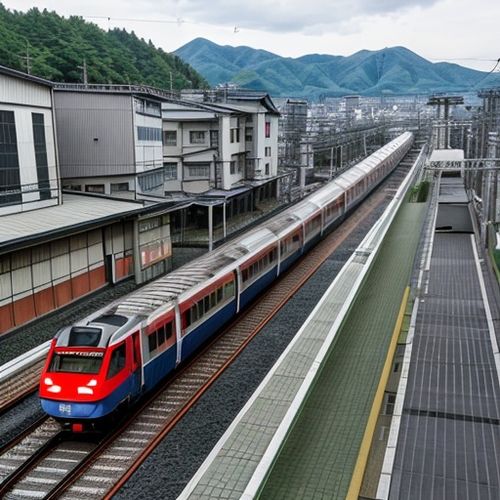
By Eric Ward/Apr 15, 2025
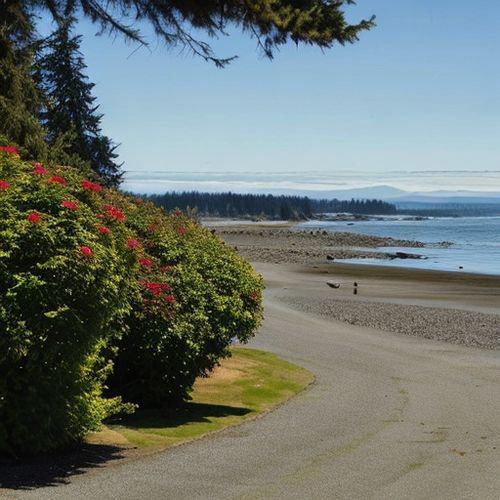
By Noah Bell/Apr 15, 2025
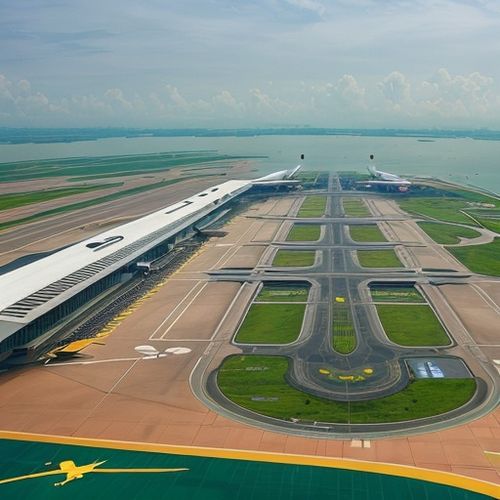
By George Bailey/Apr 15, 2025
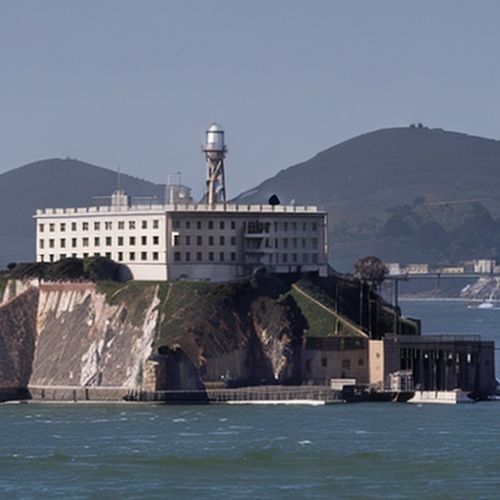
By Daniel Scott/Apr 15, 2025

By Elizabeth Taylor/Apr 15, 2025

By Grace Cox/Apr 15, 2025
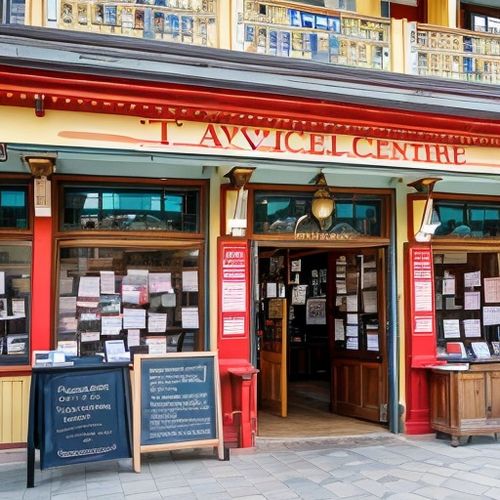
By Jessica Lee/Apr 15, 2025

By Jessica Lee/Apr 15, 2025
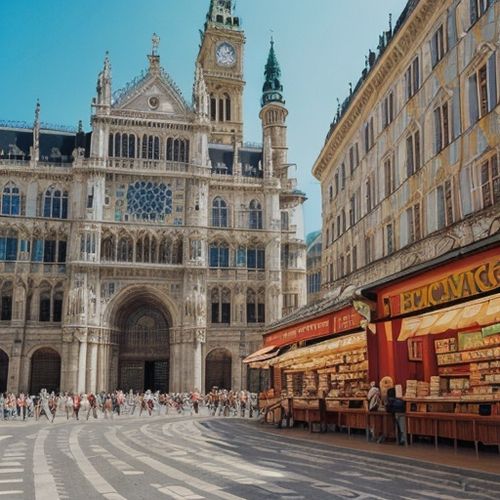
By Ryan Martin/Apr 11, 2025
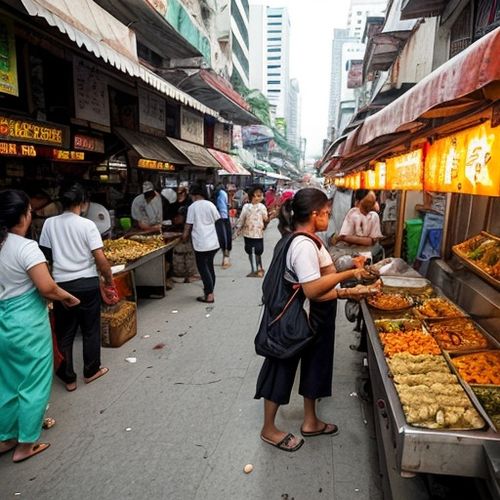
By Victoria Gonzalez/Apr 11, 2025

By Christopher Harris/Apr 11, 2025

By Victoria Gonzalez/Apr 11, 2025

By George Bailey/Apr 11, 2025

By Megan Clark/Apr 11, 2025
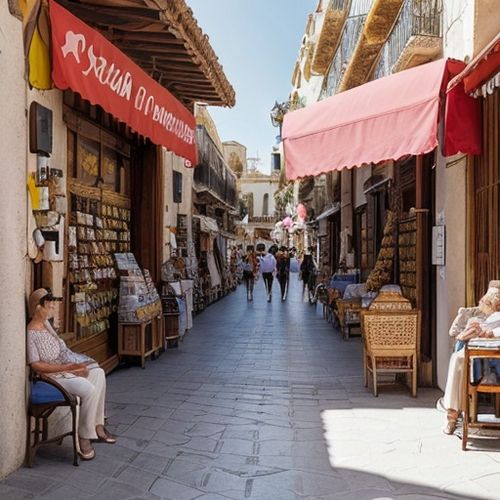
By Natalie Campbell/Apr 11, 2025

By Eric Ward/Apr 11, 2025
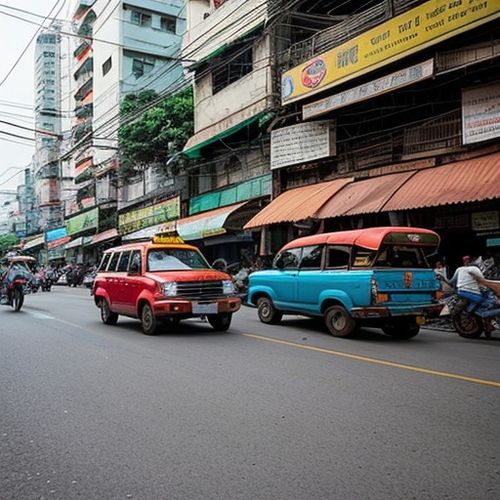
By Benjamin Evans/Apr 11, 2025